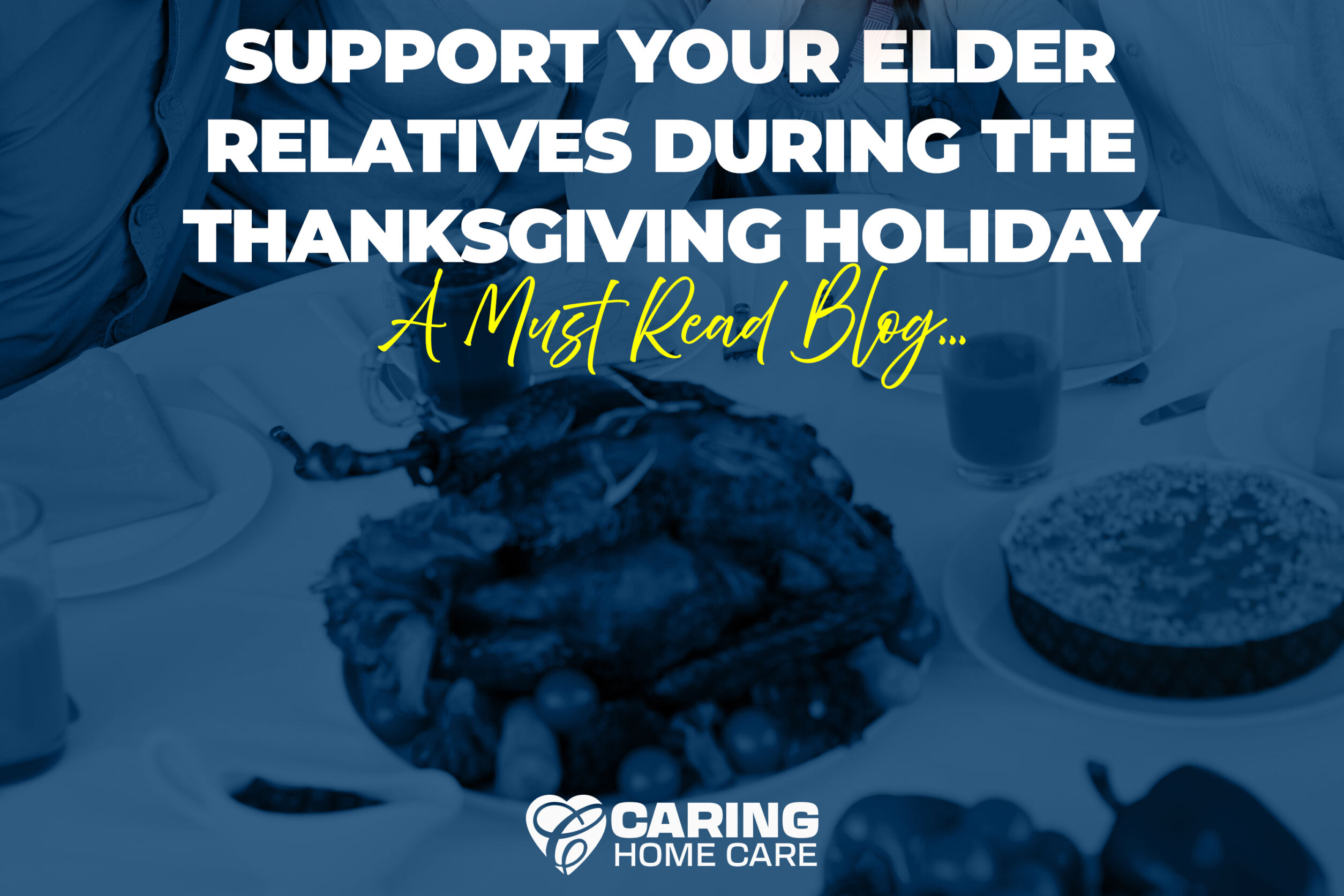Share

Split Caregiving Responsibilities: A Family Guide to Shared Support
Caring for an aging loved one is a deeply meaningful responsibility—but it can also be overwhelming. The physical and emotional demands of caregiving often fall on one family member. Over time, this can lead to burnout, resentment, and stress. That’s why developing a family caregiving plan and learning how to split caregiving responsibilities is essential for long-term success.
By sharing duties and using smart strategies, families can lighten the load and provide better care together. In this blog, we’ll explore shared caregiving tips to help you and your family manage care responsibilities while ensuring your loved one receives consistent, quality care.
Why Sharing Caregiving Duties Matters
When caregiving falls solely on one person, it’s easy for that individual to become overwhelmed. According to the Family Caregiver Alliance, over 60% of family caregivers report high levels of stress. But when families share responsibilities, caregivers are more likely to feel supported and maintain a healthier balance in their lives.
A collaborative caregiving approach also allows each person to contribute their strengths—whether it’s managing medication, helping with meals, or providing companionship.
Start with a Family Meeting
The first step to creating a family caregiving plan is communication. Gather all family members involved and have an honest conversation about your loved one’s needs. Include any paid caregivers or home care providers as well.
Discuss:
- Current care responsibilities
- Time availability for each family member
- Emotional and physical strengths
- Financial contributions or limitations
Having everyone at the table helps avoid miscommunication and ensures transparency from the start.
Define Roles Clearly
Once you understand what needs to be done, assign roles. Some tasks may include:
- Medical appointments and medication management
- Grocery shopping and meal prep
- Housekeeping and errands
- Companionship and emotional support
- Financial and legal matters
Use a shared calendar or app to coordinate schedules. Assigning clear roles helps prevent confusion and missed tasks. You can also revisit these responsibilities regularly and adjust as needed.
Utilize Professional Support
Sometimes, family members may not be able to cover every need. That’s where professional caregivers come in. A trusted home care agency like Caring Home Care’s Personal Care Services can offer:
- Assistance with bathing and grooming
- Medication reminders
- Meal preparation
- Light housekeeping
Hiring a caregiver doesn’t replace family—it enhances your plan and allows family members to focus on emotional support.
Rotate Responsibilities
Caregiving is not a one-time task—it’s ongoing. To manage care responsibilities long-term, consider rotating duties. For example:
- One sibling handles medical appointments one month.
- Another manages finances the next month.
- A third offers weekend companionship.
Rotating responsibilities reduces fatigue and keeps everyone involved. It also provides flexibility for emergencies or unexpected life events.
Offer Emotional and Moral Support
Not all contributions have to be physical. Emotional support is just as important. If a family member lives far away, they can:
- Call regularly to check in
- Coordinate telehealth appointments
- Manage bills or insurance online
- Handle paperwork remotely
Acknowledging each person’s contribution—whether large or small—builds unity and prevents resentment.
Use Shared Technology
Technology makes shared caregiving easier than ever. Use apps and tools to stay organized:
- CareZone or Lotsa Helping Hands for task management
- Google Calendar for appointments
- Group chats for updates and encouragement
With digital tools, your family caregiving plan can stay synchronized, even across long distances.
Plan for Respite
Everyone needs a break. Respite care provides temporary relief so caregivers can rest, travel, or tend to other responsibilities.
Caring Home Care’s Respite Care Services allow you to step away without worrying about your loved one’s safety or comfort. Even a few hours a week can restore energy and reduce stress for the whole family.
Review and Adjust Regularly
Family situations change. New jobs, relocations, or health changes may shift what’s possible for each caregiver. Revisit your caregiving plan regularly to make updates.
Schedule check-ins every few months to:
- Evaluate what’s working
- Address any concerns
- Reassign roles if needed
- Celebrate milestones or wins
Open communication keeps everyone involved and prevents future conflicts.
Seek Outside Guidance
If conflicts arise or you’re unsure how to divide tasks, consider working with a care coordinator or counselor. A third-party perspective can help families come to agreements and identify solutions.
You may also want to read our blog “How to Choose the Right Home Care Provider” for tips on building your support team.
Caring for a loved one doesn’t have to rest on one person’s shoulders. By implementing a thoughtful family caregiving plan, using technology, and rotating duties, your family can work together to deliver compassionate, effective care.
Whether you’re just starting the journey or looking to reorganize, these shared caregiving tips can help your family manage care responsibilities with less stress and more support.
For more information on how Caring Home Care can support your caregiving efforts, visit our Services Page or contact us for a personalized consultation.
Why Professional Home Care Is Safer Than Family Only Care Caring for an aging loved one is deeply personal. Many families step in with the best intentions. However, as care needs increase, family only caregiving can become overwhelming and risky. This is where professional home care plays a critical role. Professional caregivers are trained, experienced,
Connecting During the Thanksgiving Holiday: How to Support Your Elder Relatives The Thanksgiving holiday is a time filled with warmth, gratitude, and meaningful family traditions. However, for many older adults, it can also be a period of loneliness or emotional distance. This is especially true for seniors who live alone, have limited mobility, or are
Transition to In-Home Care: Helping Seniors Adjust Comfortably to Elderly Care Services Understanding the In-Home Care Transition The decision to begin in-home care is a big step for both seniors and their families. It often marks the start of a new chapter—one focused on safety, comfort, and support. However, the in-home care transition can bring
Celebrate Holidays with Seniors: Creating Joyful and Meaningful Moment The holiday season is a time of warmth, joy, and connection. For seniors, it’s an opportunity to celebrate cherished traditions and create new memories with loved ones. However, the holidays can also bring challenges — from health concerns and limited mobility to feelings of loneliness. With
Need A Caregiver? Fill Out Form Below
With our competitive rates, we make receiving in-home care affordable regardless of whether you’re using your insurance or paying out of pocket.






